T4K3.news
Lithium shows potential for Alzheimer's treatment
New research indicates lithium may reverse memory loss in Alzheimer's-like conditions in mice.

Recent research suggests lithium may counteract memory loss in Alzheimer's disease.
Lithium shows promise for reversing memory loss in Alzheimer's
Recent studies point to lithium's potential in reversing memory loss associated with Alzheimer's disease. A team from Harvard Medical School discovered that lithium levels in the brain correlate with dementia risk, leading to promising outcomes in tests on mice. By examining samples from individuals with different cognitive conditions, they identified lithium as a critical metal, present at reduced levels in early-stage cognitive decay. Interestingly, when the team administered lithium orotate to mice showing Alzheimer's-like symptoms, memory functions improved significantly. While excitement builds around these findings, research is ongoing and clinical trials will be necessary to determine practical applications in humans.
Key Takeaways
"The idea that lithium deficiency could be a cause of Alzheimer's disease is new and suggests a different therapeutic approach."
Bruce Yankner emphasizes the novelty of linking lithium deficiency to Alzheimer's.
"Lithium turns out to be like other nutrients we get from the environment, such as iron and vitamin C."
Yankner highlights lithium's natural presence in the brain.
"You have to be careful about extrapolating from mouse models, and you never know until you try it in a controlled human clinical trial, but so far the results are very encouraging."
Yankner advises caution but recognizes the encouraging nature of the results.
This research may mark a pivotal moment in Alzheimer’s treatment. The suggestion that lithium, a common medication for bipolar disorder, may also play a role in addressing cognitive decline could shift therapeutic approaches. While the connection between lithium deficiency and Alzheimer’s is not fully understood, it opens new avenues for early detection and perhaps even preventative measures. As the incidence of dementia continues to rise, the urgency for effective interventions prompts attention toward this nutrient's potential.
Highlights
- Lithium could change how we understand and treat Alzheimer's.
- This finding opens doors for new Alzheimer's therapies.
- The connection between lithium and memory loss is groundbreaking.
- Promising results should be followed with human trials.
Concerns over the implications of using lithium in treatment
While initial findings suggest lithium could assist in reversing memory loss, there are concerns regarding its long-term effects and potential side effects, especially when considered for wide use in humans.
Future clinical trials will be crucial to assess lithium's effectiveness in humans.
Enjoyed this? Let your friends know!
Related News

New study reveals lithium's potential in Alzheimer’s treatment
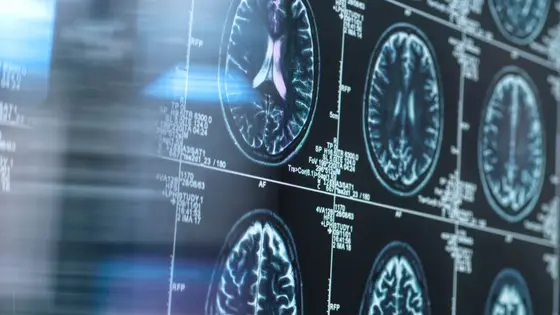
New Harvard study reveals lithium could fight Alzheimer's
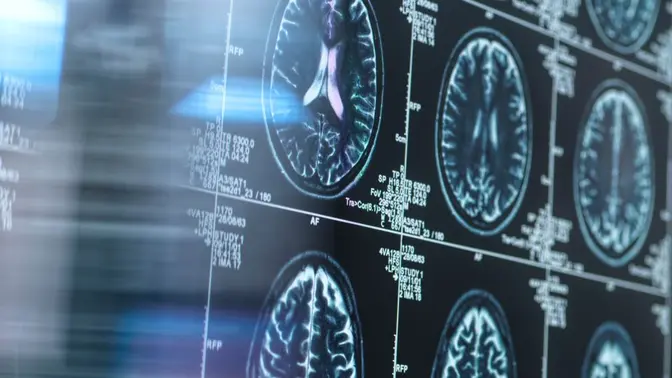
New study reveals lithium's potential role in Alzheimer's prevention
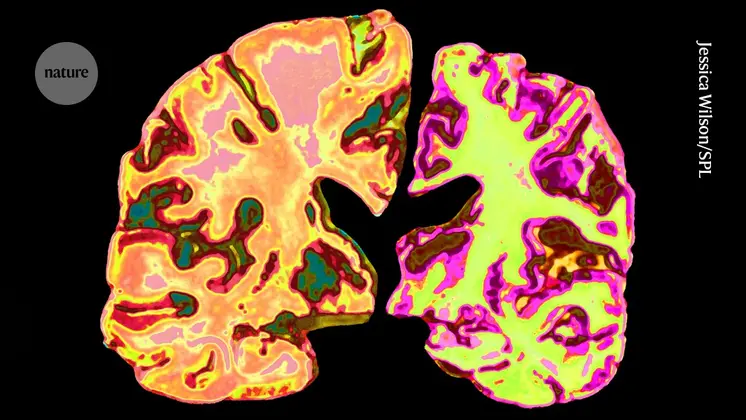
New study reveals lithium’s potential in treating Alzheimer’s
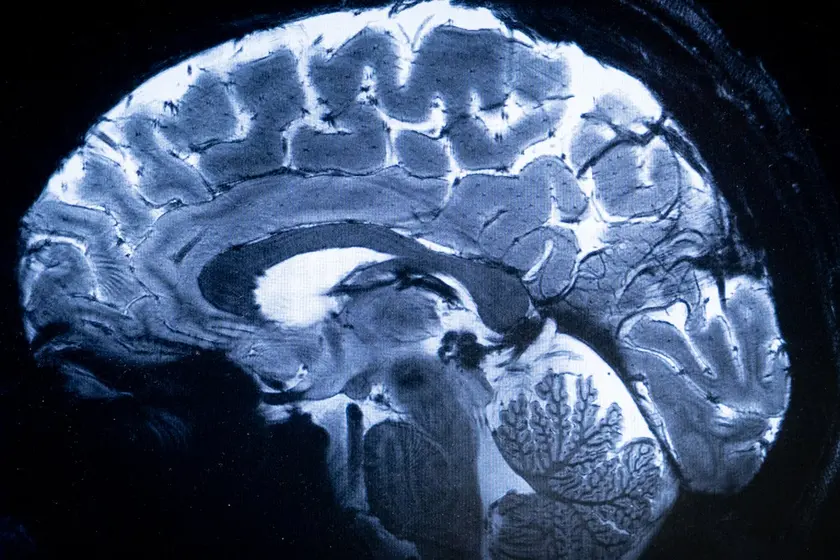
New study links lithium deficiency to Alzheimer's disease
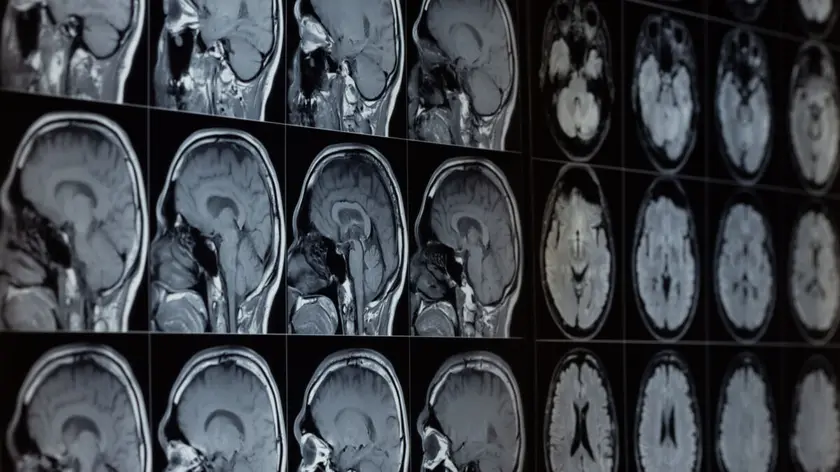
New study links lithium deficiency to Alzheimer's risk
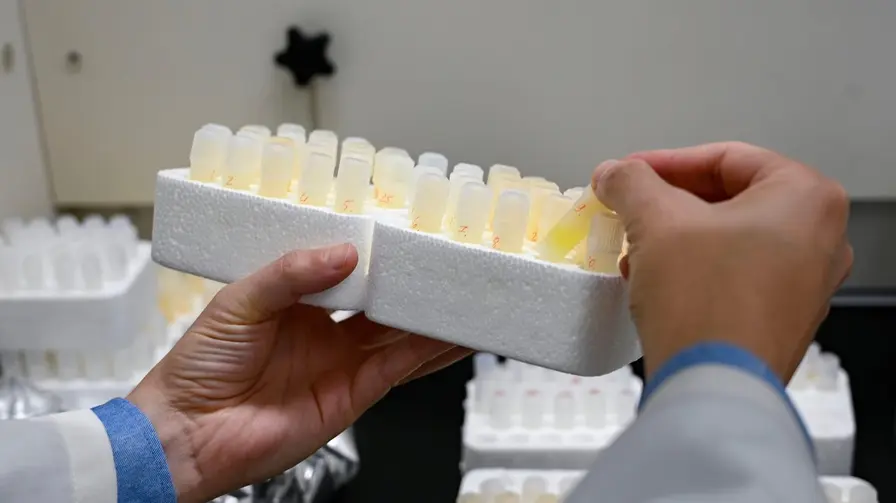
Harvard lithium study renews hope for Alzheimer's treatment
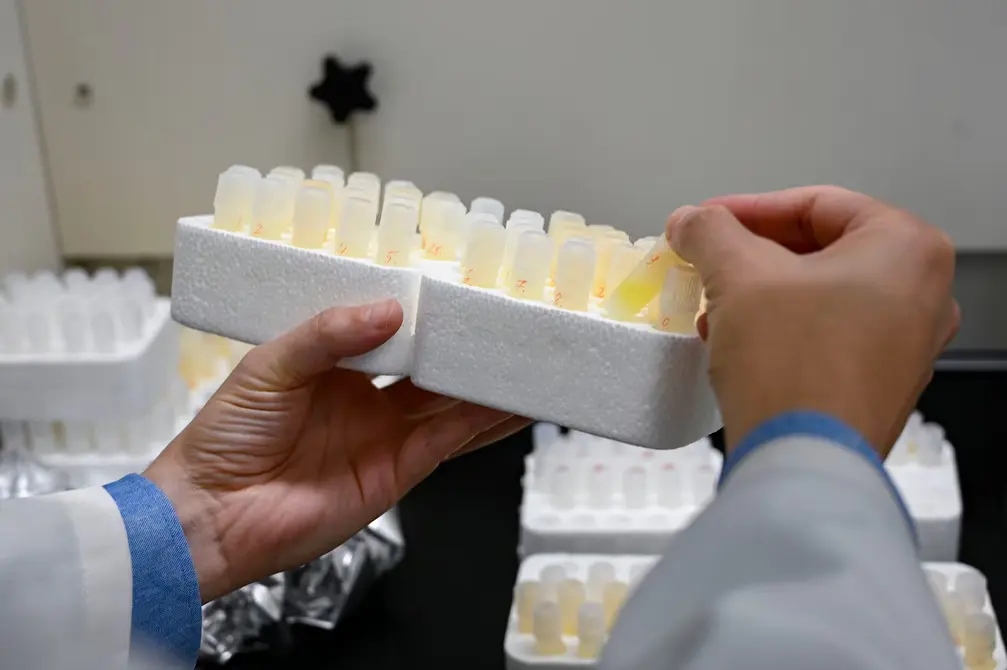
New study shows lithium may protect against cognitive decline
